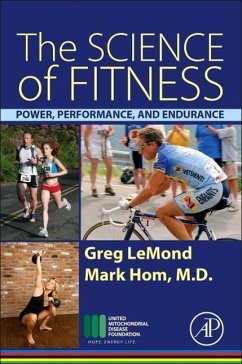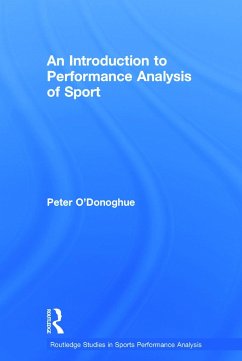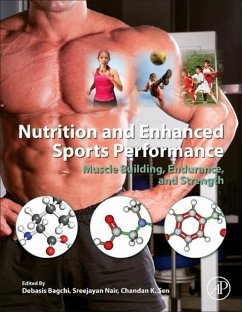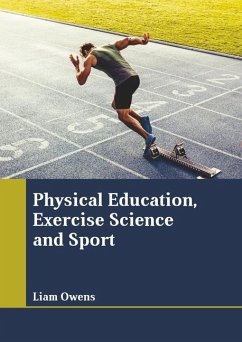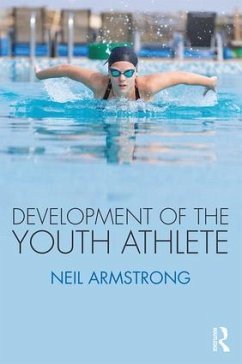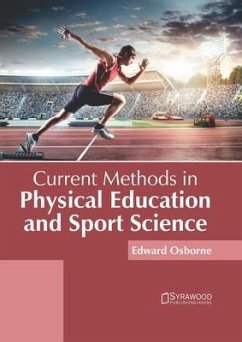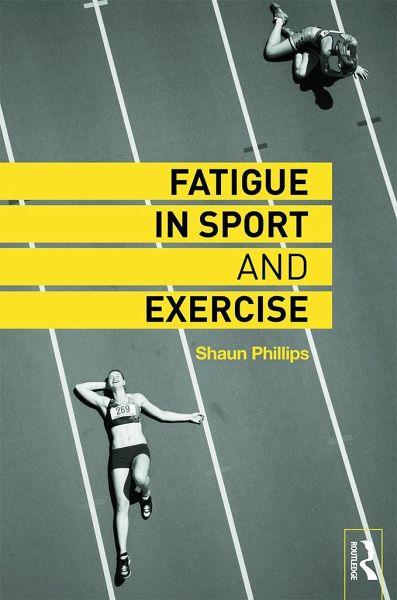
Fatigue in Sport and Exercise
Versandkostenfrei!
Versandfertig in über 4 Wochen
178,99 €
inkl. MwSt.
Weitere Ausgaben:

PAYBACK Punkte
89 °P sammeln!
There remains considerable debate about the definition of fatigue, its impact during different forms of exercise, and the best methods are to combat it. This is the first student-focused book to survey the contemporary research evidence into exercise-induced fatigue and to discuss how knowledge of fatigue can be applied in sport and exercise contexts. It introduces the fundamental science, covering physiological, psychological, biomechanical and neuromuscular aspects, and explores key topics such as energy depletion, lactic acid, dehydration, and perception of fatigue. This is an invaluable co...
There remains considerable debate about the definition of fatigue, its impact during different forms of exercise, and the best methods are to combat it. This is the first student-focused book to survey the contemporary research evidence into exercise-induced fatigue and to discuss how knowledge of fatigue can be applied in sport and exercise contexts. It introduces the fundamental science, covering physiological, psychological, biomechanical and neuromuscular aspects, and explores key topics such as energy depletion, lactic acid, dehydration, and perception of fatigue. This is an invaluable companion for any course in exercise physiology, fitness and training, or strength and conditioning.




